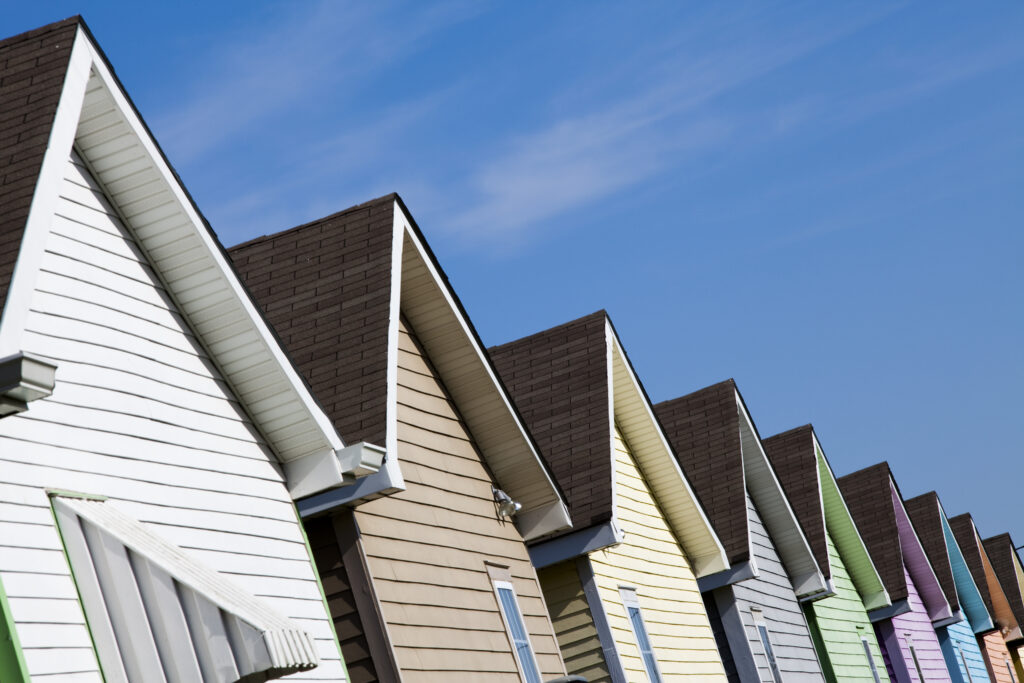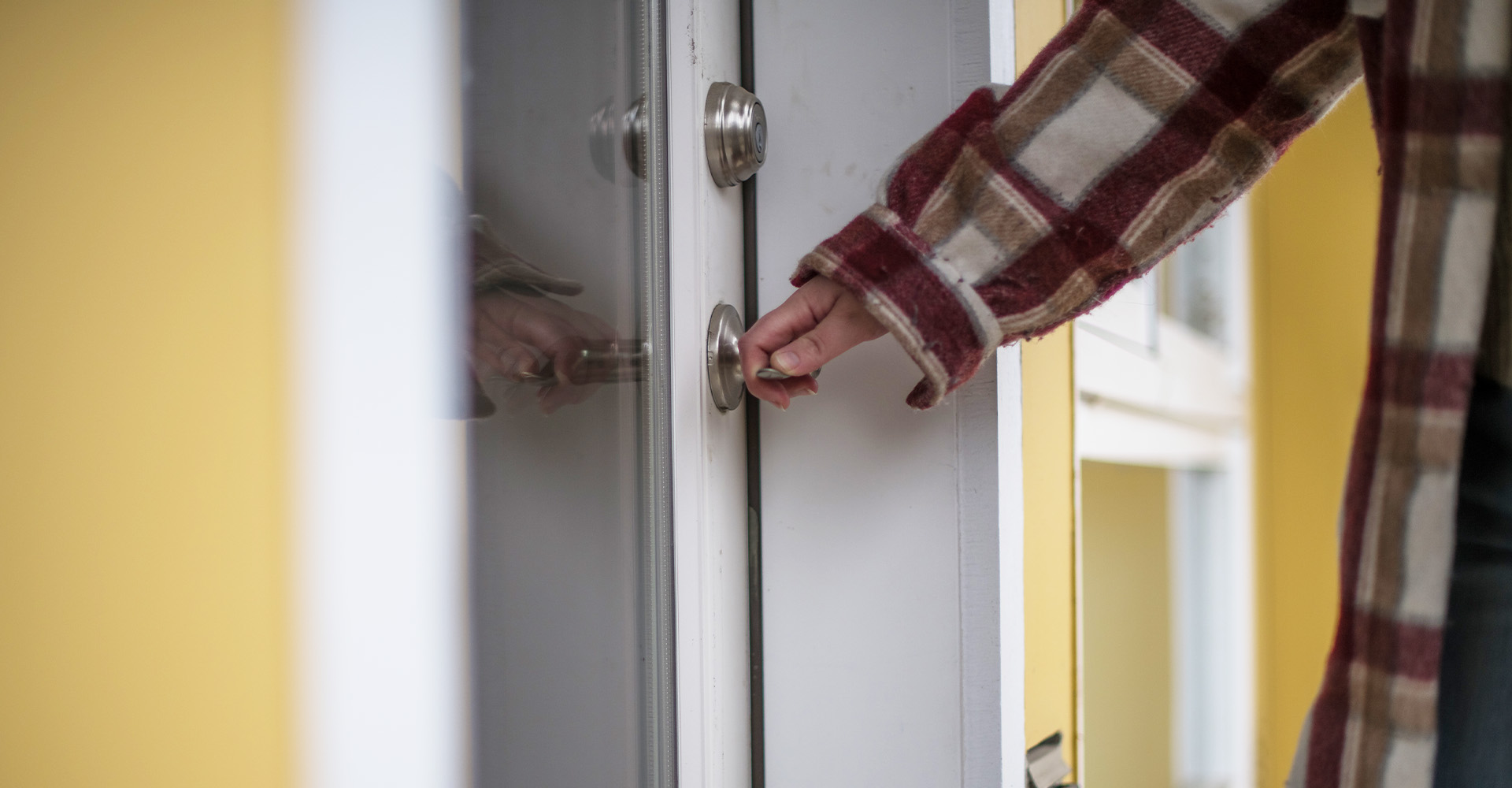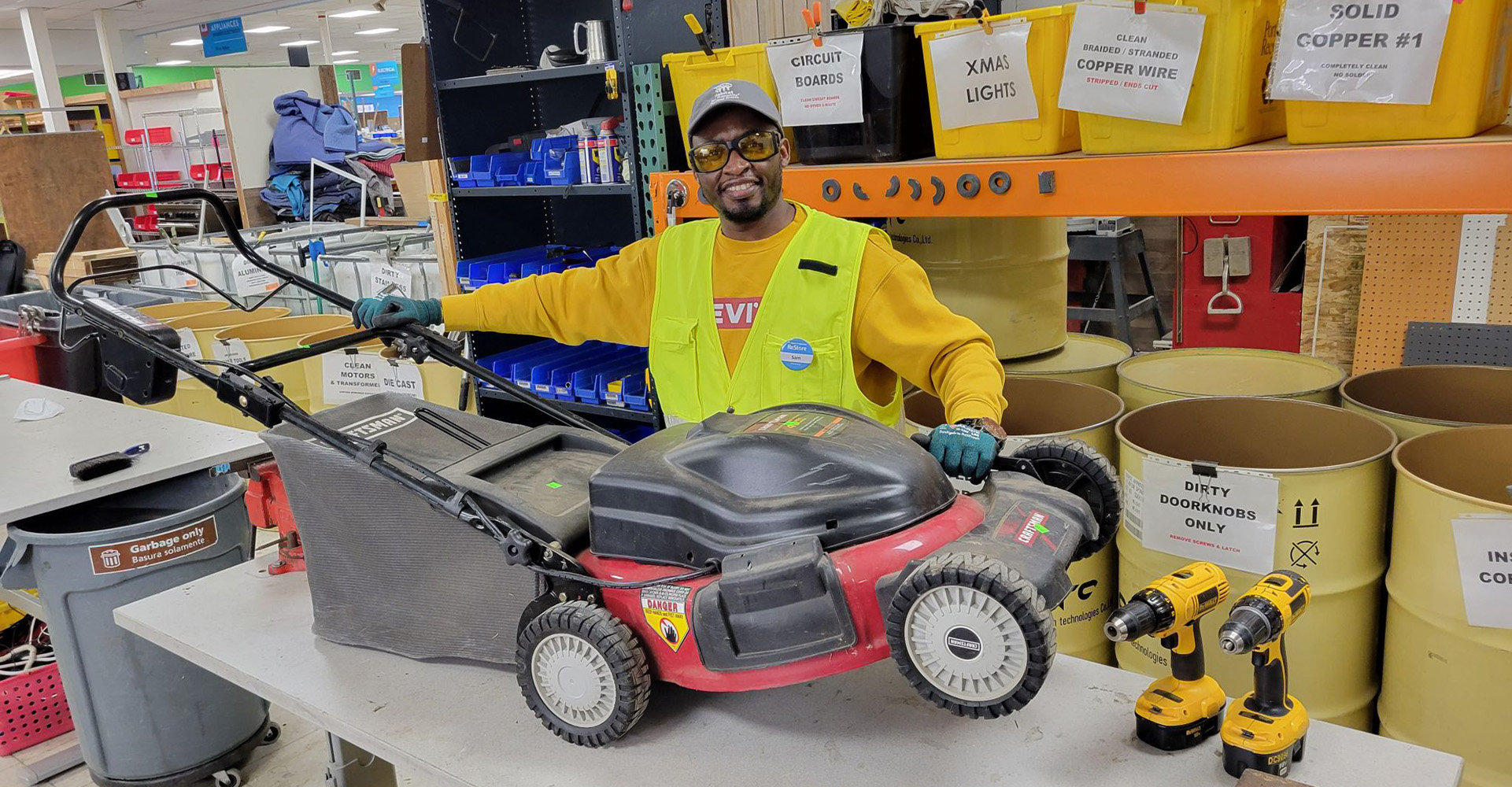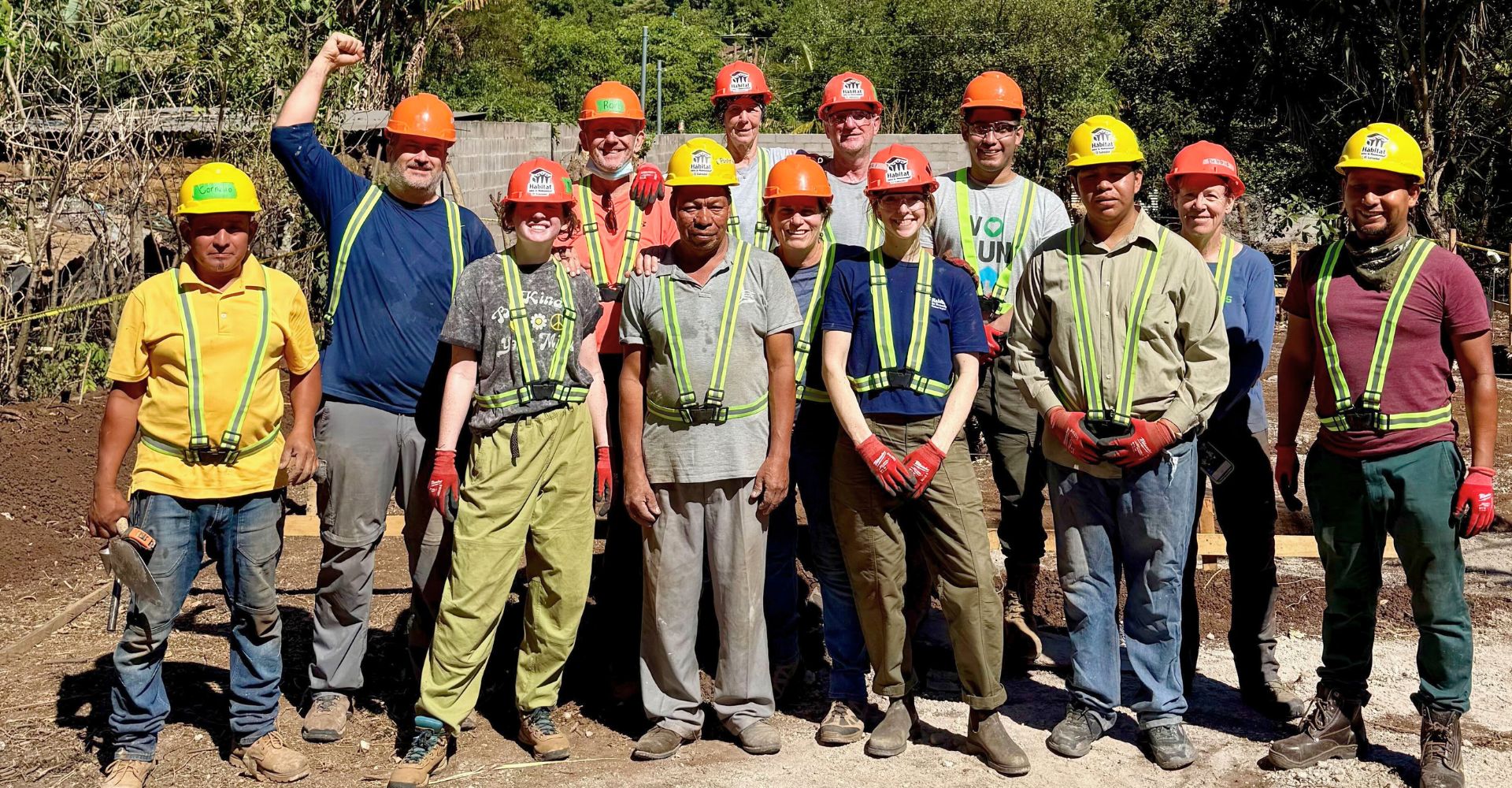
Homeownership’s connection to economic stability, improved educational outcomes and better health is well documented. But amid an unprecedented housing crisis, homeownership — and the potential it brings — is financially no longer an option for a growing number of people.
The crisis has been decades in the making, a combination of low supply and excessive costs. Today the inventory for both new and existing homes for sale is at a historic low: Analysis by both the state of Oregon and the city of Portland show the region is short tens of thousands of housing units to meet the current need. This is especially true for homes that could be considered affordable to first-time homebuyers.
Since 2015, the year the city of Portland declared a housing emergency, home prices across the region have risen by double digits, and the median home price in the area now exceeds half a million dollars. In Portland alone, less than one-third of for-sale home listings in 2022 were affordable to households earning the median income, or $114,000 for a family of four.
Renters live on the front lines of the housing crisis. Today, the median rent for a 2-bedroom apartment in the Portland metro area is nearly $1,900, and balloons to over $2,600 for a family-sized, 3-bedroom rental. In 2021, more than half of the region’s renter households were considered cost-burdened by federal housing standards, with 1 in 4 paying more than half their income in rent.
The housing affordability gap expands for Black, Indigenous, and Latine households, who, based on average incomes and home sales prices, cannot afford to buy a home all but a few neighborhoods in Portland. Nationally, at 30 percent, the gap between Black and White homeownership is as bad as it was in 1900, more than 100 years ago. More recently, rising interest rates pushed homeownership for many even further beyond reach.
Gone are the days when a young family could get a foothold in the homeownership market with a modest, affordably priced starter home. Rising land, labor, and construction costs have spurred the incentive to reap higher returns on home development, and discouraged the construction of affordably priced, often smaller, entry-level homes.
According to studies by Freddie Mac, the share of entry-level homes in overall construction declined from 40% in the early 1980s to around 7% in 2019. This low supply in entry level homes, coupled by a high demand, has caused prices to rise significantly over the past decade, increasing down payment obligations, and pricing new homebuyers out of the market.
First-time homeownership is an important part of a healthy housing continuum. When a renter becomes a homeowner, their rental home becomes available for someone else. But first-time homeownership is no longer an option for the average renter in the Portland metro region, which creates a bottleneck in the market, escalating rents.
When families and individuals are overextended to cover housing costs, they lose resources for other essentials, including the maintenance of their homes, health care, food, and education needs. Pushed to extremes, these conditions can lead to losing housing altogether. Across the state, homelessness has risen 22% between 2020 and 2022, with nearly 6,300 people experiencing homelessness in Multnomah County alone. Oregon ranks number one in the country for unsheltered child homelessness, with a rate of 19.9 per 10,000 children.
Habitat is dedicated to building affordable, entry-level homes for first-time homebuyers, and helping renters achieve the stability and economic potential inherent in homeownership. Habitat builds homes affordable to people making 35 to 80 percent of the area median income (for a family of 4, that’s around $40,000-$90,000). It is a critically underserved sector of the housing market, and we are one of only a few developers meeting that need locally.
Also critical to correcting our housing crisis is repairing and preserving existing older homes for people who cannot afford to fix costly health and safety problems. Habitat’s repair program fixes acute housing problems for qualified homeowners and improves the safety of their homes. This is especially important for older homeowners and people with disabilities — the majority of those served by Habitat’s repair program — who can then age in place, in their neighborhood, and continue to access their local community and support networks.
We all benefit when homeownership is accessible to everyone. We see it in the strength of our neighborhoods, the economic stability in our neighbors, and the vibrancy of our community. With your support of our Frame a Future campaign, Habitat is working to ensure everyone has access to a safe and affordable place to call home.


